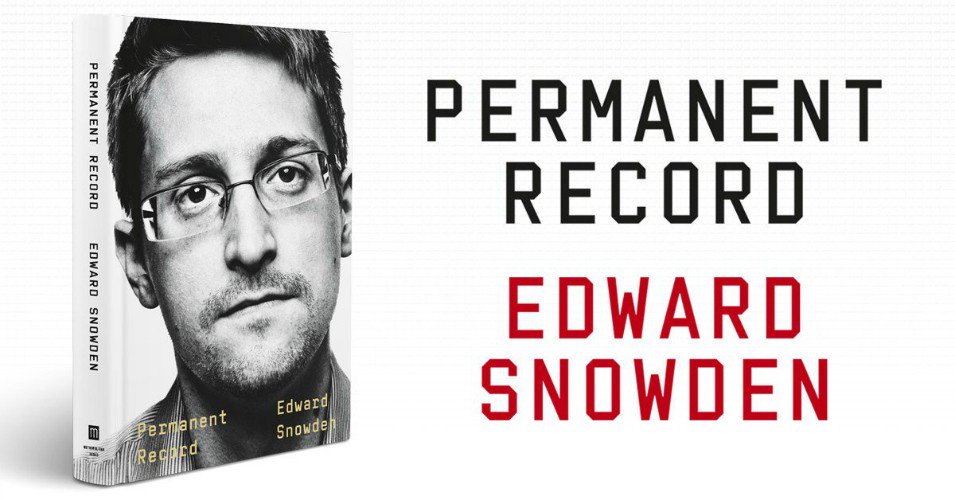
Laura Poitras, the Pulitzer-Prize winning journalist who was the first to work on the top secret NSA mass surveillance story, has been fired by @TheIntercept in retaliation for speaking to the media about their mishandling of the Reality Winner case. washingtonpost.com/lifestyle/medi…
This is Laura's statement: praxisfilms.org/open-letter-fr…
I've said before that of all the journalists I worked with to break the mass surveillance story, none of them took operational security or source protection as seriously as Laura. I never once saw her cut a corner or break a rule. She was the only one who could make me feel lax.
Nobody outside the story understood how much pressure we were under. It is not an exaggeration to say that a single mistake could have sent everyone involved to prison—or worse. And during the most sensitive period of the reporting, Laura had the hardest part of it.
As an intensely private person, Laura Poitras has not sought the credit she deserves for her role in what is now quite literally written about in history books as the biggest story of the last decade. But her work changed the public mind around the world.
So when Laura says she was fired because she said things that executives found unpalatable, I believe her. That her concerns related to concerns of source protection—in the case of Reality Winner—makes it for me all the more tragic.
But no matter how @TheIntercept handled the Winner case, we should never forget that it is the state that is ultimately responsible for her imprisonment. It is an injustice for a whistleblower to spend one minute in prison, yet she has served years. She must be freed.
I hope that The Intercept will, in time, come to recognize that they have not handled Laura's concerns appropriately and apologize—if not to Laura, then at least to their source. #FreeRealityWinner
• • •
Missing some Tweet in this thread? You can try to
force a refresh



